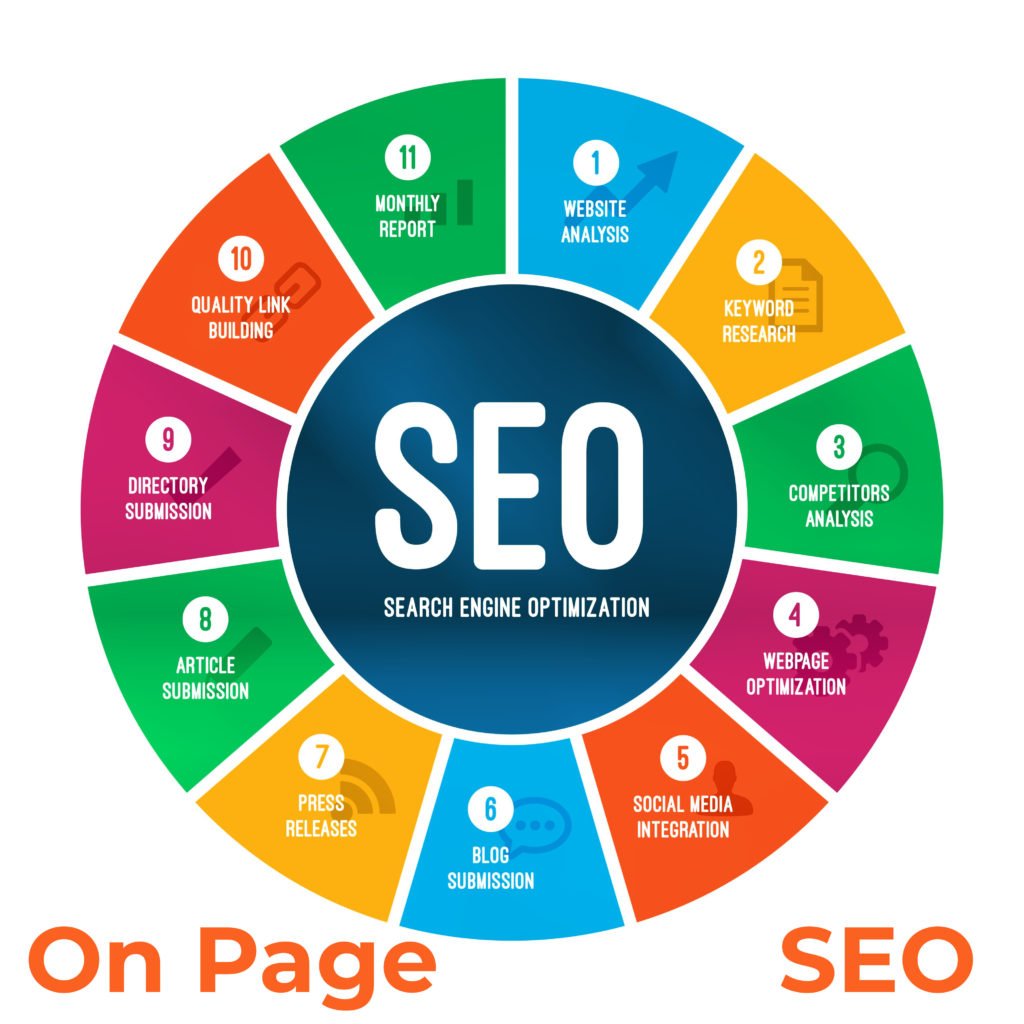There are no two ways about it - being a successful real estate professional means marketing yourself and your services. Today, that means cultivating a strong and effective online presence, as almost all house hunters begin their search efforts online, according to the National Association of Realtors. In other words, you need to create well-crafted online content and then share that content to social media to attract prospective clients.

While there are other types of content that work well, blog posts often get you the biggest bang for your buck. Real estate bloggers have dozens of opportunities to build a reader base that they can use as a marketing funnel, but only if they do it right. Part of that process is abiding by best practices, especially those set out by Google’s search algorithm. These best practices change all the time, and the newest revision – called “the YMYL change” – may have serious implications for real estate bloggers.
“YMYL” is short for “Your Money or Your Life”. Out of context, this doesn’t make much sense – why would Google even be referencing this? Once you view it through the lens of what Google uses this for, however, it becomes clear. In this case, YMYL is an entire class of online content that Google uses to determine how it rates the overall quality of the content it finds on web pages – and it’s a classification that you don’t want your content to have as anything tagged YMYL ends up at the bottom of searches.
YMYL content, as was originally defined by Google, was any content that could potentially impact the future happiness, health, financial stability, or safety of users. However, the new definition of YMYL has been expanded, with Google now stating that content that could have a significant risk of harm on the health, financial stability, or safety of people or the welfare or well-being of society are now to be classified under the YMYL umbrella.
These more stringent and specific changes are, of course, an attempt on Google’s part to be socially responsible by prioritizing the most genuinely beneficial content over content that is purposely misleading and potentially harmful. The implications for digital marketing content is quite clear, however; now, marketers need to craft their content in ways that avoid falling under the new definition of YMYL accidentally.
Thankfully, Google has provided tons of guidance on ensuring marketers don’t accidentally fall into the YMYL trap. Section 2.3 of their most recently published Search Quality Elevator Guidelines provides much-needed context for marketers, including robust examples of what constitutes potentially harmful content in the realms of advice about activities, personal opinions, news about current events, online commerce and product reviews, and sharing on social media. This clears up much of the murky water.
Blogging is an important part of any real estate professional’s digital marketing plan. Creating high-quality content and sharing that content on social media is a great way to build interest in your professional brand. It seems unlikely that blog content on real estate-related topics could ever end up getting classified under Google’s new YMYL changes. However, it’s important to understand that the possibility exists and what the impact on your marketing reach would be.
Content with the YMYL classification ends up de-prioritized in search engine results pages that Google serves its users. As a result, this content is effectively buried, as the vast majority of search engine users don’t click on links that aren’t on the first page of those results. In fact, 67 percent of users don’t go farther than the first five links on that result page. If your content gets put in the YMYL category, even accidentally, it effectively becomes invisible to anyone looking for it on Google.
So how do you ensure your content won’t inadvertently end up getting you effectively de-listed by Google’s algorithm? This is where yet another abbreviation comes in: you need to ensure your content meets the E-A-T standard. This stands for Expertise, Authoritativeness, and Trustworthiness, and it’s these three qualities that Google considers when it comes to determining whether a website’s content is high quality or not.
Following E-A-T guidelines means establishing that you, as a content creator, satisfy each of these in turn. You need to demonstrate that you have sufficient expertise in the content you’re discussing, that you and your content is authoritative and that it (and you) can be trusted. Factually honest content shared by a trusted source that’s an established expert, presented in a way that helps readers learn and understand that content, is what keeps the YMYL boogeyman at bay.
In many ways, little has changed for real estate professionals who leverage blog posts as a marketing tool. It’s always been necessary to establish yourself as a well-informed expert on the real estate industry through the blogs you write and share, as this showcases your abilities as a real estate agent to prospective clients. Without showing that you know what you’re talking about and that you’re a capable real estate professional, none of those prospects would ever want to convert to clients.
In other words, real estate bloggers need to simply continue doing what they’ve always done if they want to use blogging as an effective marketing tool. It’s important to keep the new changes that Google made to its YMYL classification in mind to avoid accidentally creating content that might be misinterpreted of course, but it’s otherwise business as usual for real estate blog content!